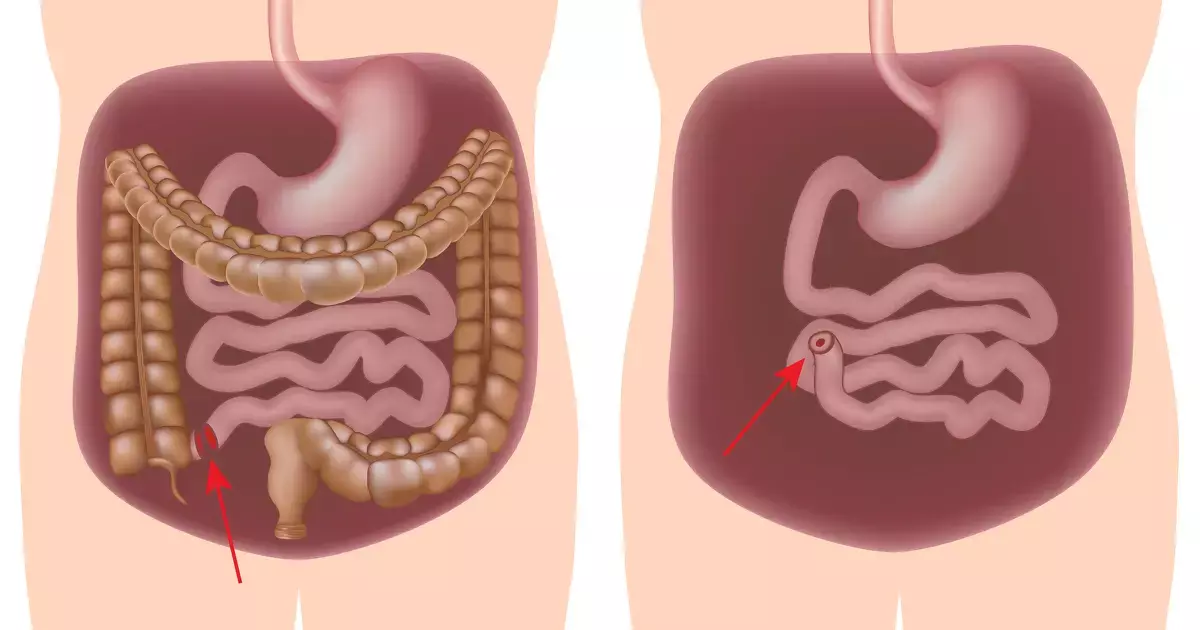- Home
- Medical news & Guidelines
- Anesthesiology
- Cardiology and CTVS
- Critical Care
- Dentistry
- Dermatology
- Diabetes and Endocrinology
- ENT
- Gastroenterology
- Medicine
- Nephrology
- Neurology
- Obstretics-Gynaecology
- Oncology
- Ophthalmology
- Orthopaedics
- Pediatrics-Neonatology
- Psychiatry
- Pulmonology
- Radiology
- Surgery
- Urology
- Laboratory Medicine
- Diet
- Nursing
- Paramedical
- Physiotherapy
- Health news
- Fact Check
- Bone Health Fact Check
- Brain Health Fact Check
- Cancer Related Fact Check
- Child Care Fact Check
- Dental and oral health fact check
- Diabetes and metabolic health fact check
- Diet and Nutrition Fact Check
- Eye and ENT Care Fact Check
- Fitness fact check
- Gut health fact check
- Heart health fact check
- Kidney health fact check
- Medical education fact check
- Men's health fact check
- Respiratory fact check
- Skin and hair care fact check
- Vaccine and Immunization fact check
- Women's health fact check
- AYUSH
- State News
- Andaman and Nicobar Islands
- Andhra Pradesh
- Arunachal Pradesh
- Assam
- Bihar
- Chandigarh
- Chattisgarh
- Dadra and Nagar Haveli
- Daman and Diu
- Delhi
- Goa
- Gujarat
- Haryana
- Himachal Pradesh
- Jammu & Kashmir
- Jharkhand
- Karnataka
- Kerala
- Ladakh
- Lakshadweep
- Madhya Pradesh
- Maharashtra
- Manipur
- Meghalaya
- Mizoram
- Nagaland
- Odisha
- Puducherry
- Punjab
- Rajasthan
- Sikkim
- Tamil Nadu
- Telangana
- Tripura
- Uttar Pradesh
- Uttrakhand
- West Bengal
- Medical Education
- Industry
Minimally invasive surgical may protect postoperative bowel dysfunction after restorative proctectomy

Bowel dysfunction was common after restorative proctectomy, and several patient, disease, and treatment-level factors are associated with its development suggests a recent study published in the Surgery.
Restorative proctocolectomy with ileal pouch-anal anastomosis (RPC-IPAA) is a surgical procedure performed when excising the entire colon and rectum is need and reconstitution of the intestinal transit through an ileal pouch is made with anastomosis to the anus.
The purpose of this study was to describe postoperative bowel dysfunction after restorative proctectomy, and to identify factors associated with its development.
Patients who underwent restorative proctectomy for rectal cancer between April 1998 and November 2018 were identified from the Hospital Episode Statistics database and linked to the Clinical Practice Research Datalink for postoperative follow-up. Bowel dysfunction was defined according to relevant symptom-based read codes and medication prescription–product codes. A Cox proportional hazards model was performed to identify factors associated with postoperative bowel dysfunction, adjusting for relevant covariates.
Results:
- In total, 2,197 patients were included. The median age was 70.0 years old, and the majority (59.2%) of patients were male.
- After a median follow-up of 51.6 (24.0–90.0) months, bowel dysfunction was identified in 620 (28.2%) patients. Risk factors for postoperative bowel dysfunction included extremes of age, radiotherapy distal tumors, history of diverting ostomy, and anastomotic leak
- A minimally invasive surgical approach was protective for postoperative bowel dysfunction
Thus, bowel dysfunction was common after restorative proctectomy, and several patient, disease, and treatment-level factors were associated with its development. However minimally invasive surgical approach was protective for postoperative bowel dysfunction.
Reference:
Richard Garfinkle, Sophie Dell'Aniello, Sahir Bhatnagar, Nancy Morin, Gabriela Ghitulescu, Julio Faria, Carol-Ann Vasilevsky, Paul Brassard, Marylise Boutros. Assessment of long-term bowel dysfunction after restorative proctectomy for neoplastic disease: A population-based cohort study, Surgery, Volume 172, Issue 3, 2022, Pages 782-788, ISSN 0039-6060, https://doi.org/10.1016/j.surg.2021.10.068.
Dr. Shravani Dali has completed her BDS from Pravara institute of medical sciences, loni. Following which she extensively worked in the healthcare sector for 2+ years. She has been actively involved in writing blogs in field of health and wellness. Currently she is pursuing her Masters of public health-health administration from Tata institute of social sciences. She can be contacted at editorial@medicaldialogues.in.
Dr Kamal Kant Kohli-MBBS, DTCD- a chest specialist with more than 30 years of practice and a flair for writing clinical articles, Dr Kamal Kant Kohli joined Medical Dialogues as a Chief Editor of Medical News. Besides writing articles, as an editor, he proofreads and verifies all the medical content published on Medical Dialogues including those coming from journals, studies,medical conferences,guidelines etc. Email: drkohli@medicaldialogues.in. Contact no. 011-43720751


